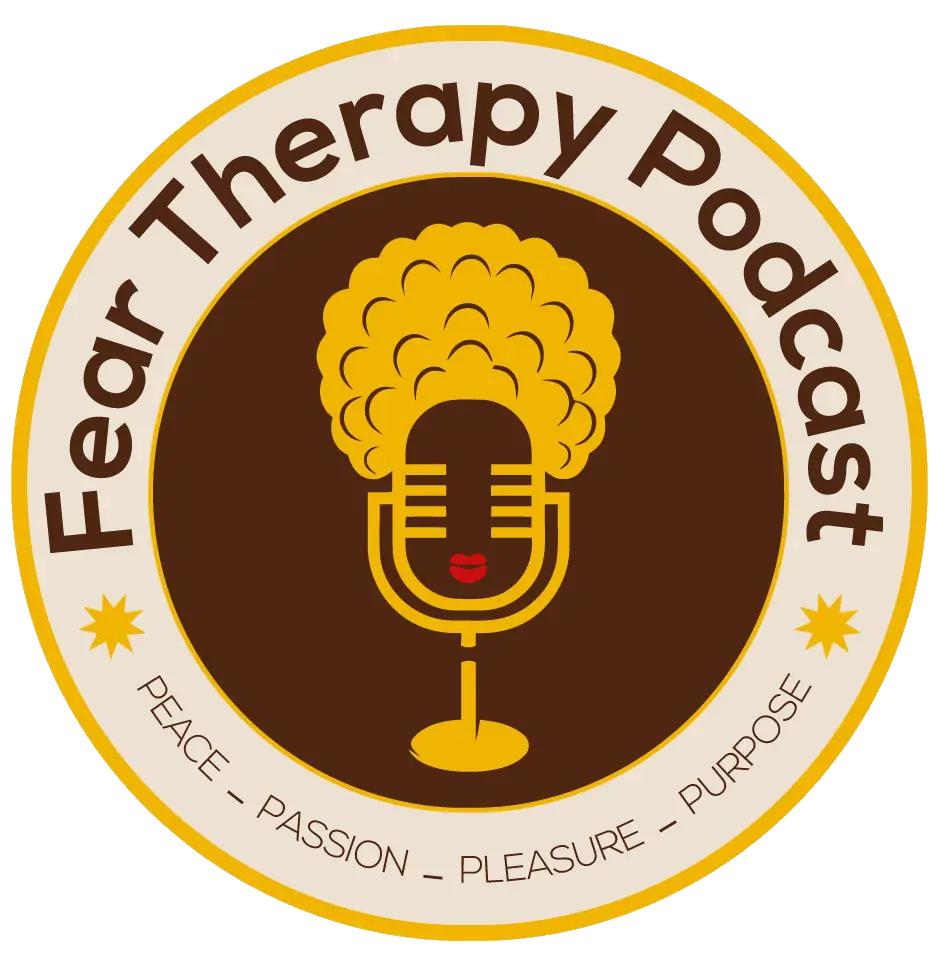Do you feel like you do your best in life and try your hardest, but you still can’t give yourself credit? Do you constantly criticize yourself and feel like you should be more, do more, or be better?
In the case of my friend, Natalia, her fear of not being good enough has prevented her from applying for her dream job, even though she meets all the qualifications. She often doubts her abilities and feels like she is not deserving of success, which has caused her to miss out on opportunities that could have helped her grow both personally and professionally.
Fear of not being good enough can hold people back from pursuing their goals and dreams, and can lead to feelings of inadequacy and low self-esteem. Sometimes, this fear is rooted in childhood experiences where parents set too high expectations for their children.
Here are strategies you can use to overcome imposter syndrome and build self-confidence:
1. Determine what you actually want in life:
This involves identifying your values, passions, and interests. Once you have a clear idea of what you want, you can set achievable goals and take steps towards achieving them.
When you feel inferior to others, whether because of their job, relationship, or physique, consider whether what you’re comparing yourself to is truly what you desire. Everyone has a different idea of what happiness looks like and how it feels. Think about whether the comparisons are important to you or whether you’re just stuck on the idea that you’re not good enough.
2. Recognize your wins:
Celebrate every accomplishment. Put them in writing, recognize them, and appreciate them, no matter how small they may seem. By acknowledging your accomplishments, you can shift your focus from what you lack to what you have achieved.
Realizing that your feelings are not always right can help you get over the feeling that you are not “good enough.” Just think about the times you didn’t do as well as you wanted to or missed the mark. If you do this, you might forget how many wins you’ve had in the past.

3. Do an act of random kindness:
Your sense of self-worth may increase as a result of helping others. In fact, according to research from the Cleveland Clinic, teens who show compassion to strangers have higher self-esteem. Teenage years are a challenging period when self-worth may drastically decline. Nonetheless, this research found that even significant and little acts of service may boost teens’ confidence.
4. Seek therapy:
You could still battle with the feeling of not being good enough despite getting support from friends and shifting your mental attention. You could benefit from therapy if you have trouble overcoming ideas of inferiority. You may modify your way of thinking with the help and direction of a therapist.
Keep in mind that therapy is a safe and confidential space where you can explore your thoughts and emotions without fear of judgment, and it can provide you with the tools to improve your self-esteem and overall well-being.
Listen to Fear Therapy Podcast to explore your fears and learn how to manage them.
Reference:
Fu, X., Padilla-Walker L., Brown, M. (2017) Longitudinal relations between adolescents’ self-esteem and prosocial behavior toward strangers, friends and family. Retrieved from https://www.sciencedirect.com/science/article/abs/pii/S0140197117300507










